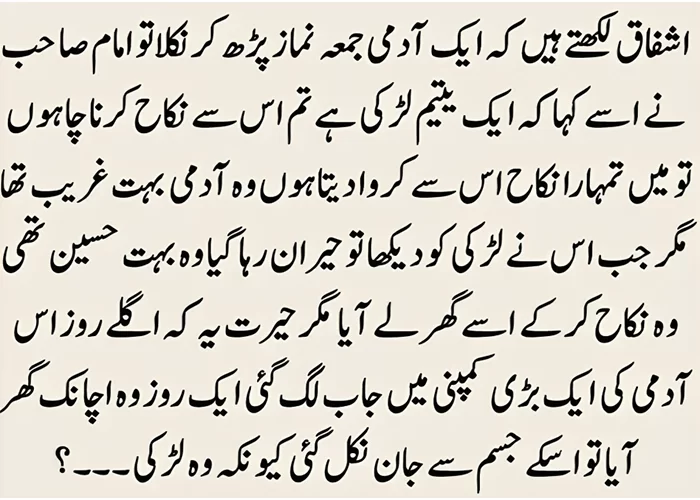Understanding Hair Fall
What is Hair Fall?
Hair fall, or hair loss, is a condition where you lose more hair than usual. It’s normal to lose about 50 to 100 hairs a day, but if you’re noticing clumps of hair in your brush or on your pillow, it might be time to take action.
Different Types of Hair Loss
- Androgenetic Alopecia: Commonly known as male or female pattern baldness, it’s often hereditary.
- Telogen Effluvium: Temporary hair loss due to stress, illness, or hormonal changes.
- Alopecia Areata: An autoimmune disorder where the immune system attacks hair follicles.
- Traction Alopecia: Hair loss caused by tight hairstyles that pull on the scalp.
Factors Contributing to Hair Fall
Several factors can lead to hair fall, including genetics, hormonal imbalances, poor diet, stress, and environmental pollutants. Identifying the underlying cause is crucial for effective treatment.
Natural Remedies for Preventing Hair Fall
The Role of Diet
Your diet plays a pivotal role in maintaining healthy hair. Just as your body needs nutrients to function properly, your hair also requires essential vitamins and minerals.
Essential Nutrients for Hair Health
- Protein: Hair is made up of keratin, a type of protein. Include lean meats, eggs, and legumes in your diet.
- Iron: Vital for hair growth, found in leafy greens, red meat, and lentils.
- Omega-3 Fatty Acids: Promote scalp health, available in fish, nuts, and seeds.
- Biotin: Supports hair strength, found in nuts, whole grains, and eggs.
Foods to Include in Your Diet
Incorporate a variety of fruits, vegetables, nuts, seeds, and whole grains into your diet. These foods are rich in vitamins A, C, D, and E, which are essential for healthy hair growth.
Herbal Treatments
Nature offers a treasure trove of remedies for hair fall. Herbal treatments are safe, effective, and easy to use at home.
Benefits of Aloe Vera
Aloe Vera is known for its soothing and healing properties. It helps to balance the pH of the scalp, reduce dandruff, and promote hair growth.
How to Use: Apply fresh Aloe Vera gel directly to the scalp, leave it on for about 30 minutes, and then rinse it off with lukewarm water.
Using Coconut Oil
Coconut oil is a natural conditioner that penetrates deep into the hair shaft, preventing protein loss and breakage.
How to Use: Warm the oil slightly, massage it into your scalp and hair, leave it on for a few hours or overnight, and wash it off with a mild shampoo.
Scalp Care Practices
Taking care of your scalp is as important as caring for your hair. A healthy scalp is the foundation for strong, healthy hair.
Regular Scalp Massage
A scalp massage increases blood circulation, which stimulates hair follicles and promotes hair growth.
How to Do It: Use your fingertips to gently massage your scalp in circular motions for about 5-10 minutes daily.
Importance of Keeping the Scalp Clean
A clean scalp prevents clogged follicles and reduces the risk of infections and dandruff, both of which can lead to hair fall.
How to Maintain: Use a gentle, sulfate-free shampoo and wash your hair regularly, but not excessively, to keep your scalp clean and healthy.
Lifestyle Changes to Reduce Hair Fall
Stress Management Techniques
Stress is a major contributor to hair fall. Finding ways to manage stress can significantly improve your hair health.
Yoga and Meditation
Practicing yoga and meditation helps to reduce stress levels and promote overall well-being, which can have a positive impact on hair health.
Tips: Incorporate a daily routine of deep breathing exercises, yoga stretches, and mindfulness meditation.
Getting Adequate Sleep
Your body repairs and rejuvenates itself during sleep. Lack of sleep can disrupt these processes and lead to hair fall.
Recommendation: Aim for 7-9 hours of quality sleep each night to support hair health.
Avoiding Harmful Hair Practices
Certain hair care practices can damage your hair and scalp, leading to increased hair fall.
Limiting the Use of Heat Styling Tools
Heat styling tools like blow dryers, straighteners, and curling irons can weaken the hair shaft and cause breakage.
Advice: Use heat styling tools sparingly and always apply a heat protectant spray before use.
Reducing Chemical Treatments
Frequent chemical treatments such as coloring, perming, and relaxing can damage the hair structure and lead to hair fall.
Suggestion: Opt for natural hair care treatments and limit the use of harsh chemicals.
Choosing the Right Shampoo
Why the Right Shampoo Matters
Using the right shampoo is crucial for maintaining healthy hair and preventing hair fall. A good shampoo should cleanse your scalp without stripping it of natural oils.
Ingredients to Look For
Natural Oils and Extracts
Look for shampoos that contain natural oils like argan oil, jojoba oil, and essential oils, which nourish and moisturize the scalp and hair.
Gentle Cleansers
Shampoos with mild, plant-based cleansers are less likely to irritate your scalp and can help maintain a healthy scalp environment.
Ingredients to Avoid
Sulfates and Parabens
Sulfates are harsh detergents that can strip your hair of its natural oils, while parabens can cause scalp irritation and disrupt hormone balance.
Artificial Fragrances
Fragrances can cause allergic reactions and scalp sensitivity. Opt for fragrance-free or naturally scented shampoos.
DIY Shampoo Recipes
Simple Natural Shampoo Recipes
Creating your own shampoo at home ensures you know exactly what’s going into it, and it can be tailored to your specific hair needs.
Aloe Vera and Coconut Milk Shampoo
Ingredients:
- 1/4 cup Aloe Vera gel
- 1/4 cup coconut milk
- 1 tablespoon olive oil
- 1 teaspoon honey
Instructions:
Mix all the ingredients thoroughly and use it as a regular shampoo.
Baking Soda and Apple Cider Vinegar Shampoo
Ingredients:
- 1 tablespoon baking soda
- 1 cup water
- 1/2 cup apple cider vinegar
Instructions:
Dissolve the baking soda in water and use it to wash your hair. Follow with an apple cider vinegar rinse.
Benefits of Making Your Own Shampoo
Homemade shampoos are free from harmful chemicals, cost-effective, and customizable to suit your hair type and concerns.
Additional Hair Care Tips
Brushing Techniques
Brushing your hair properly can help reduce hair fall and distribute natural oils throughout your hair.
Tip: Use a wide-toot



